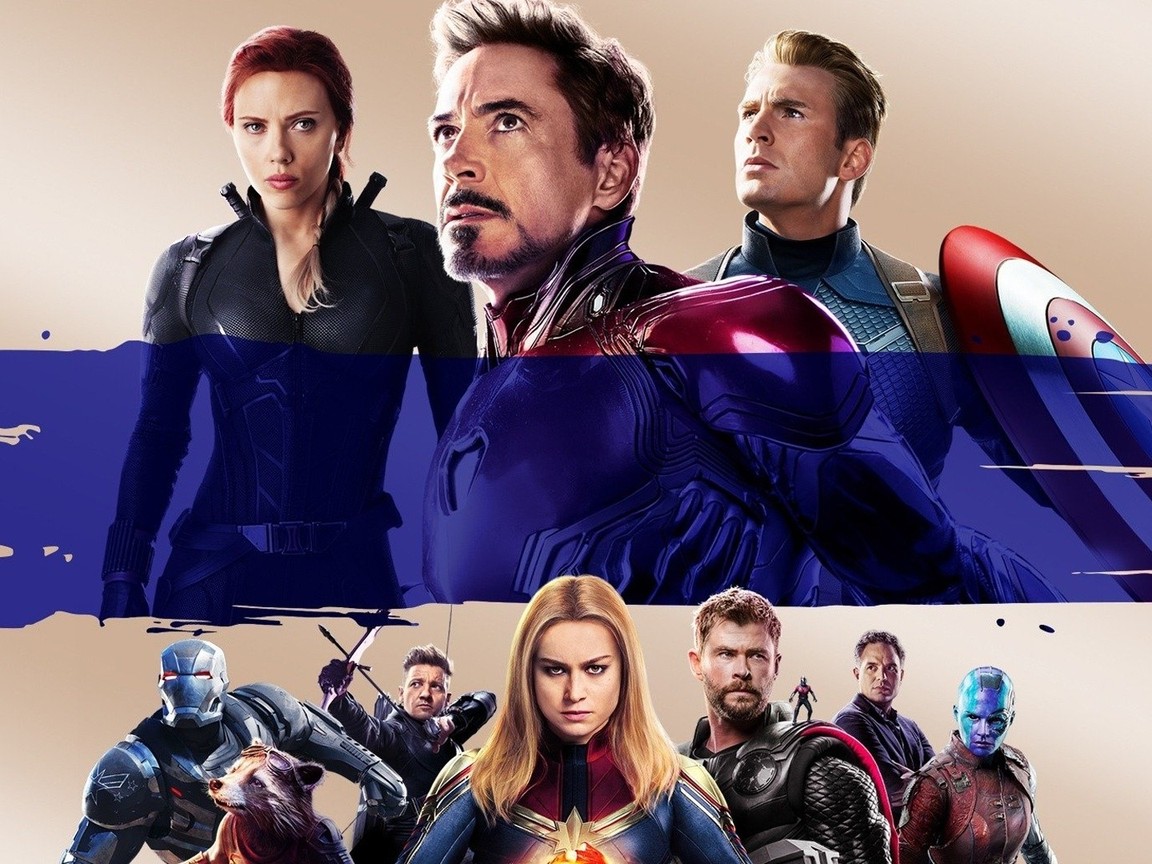Since the unveiling of the Marvel Cinematic Universe’s (MCU) Iron Man in 2008, Marvel’s movies have not just been successful; they’ve become a cultural phenomenon. From dazzling the silver screen to influencing everyday conversations, the MCU has embedded itself deeply in both popular culture and the cinematic world.
The Rollercoaster of MCU Reception
However, this journey has been anything but smooth. Despite the widespread acclaim, the MCU has always attracted mixed reviews, even from esteemed figures like Hollywood director Martin Scorsese, who accused it of diluting the profound essence of cinema. The once-undeniable positive responses that characterized the majority of MCU releases leading up to the epic Avengers: Endgame have evolved into a more nuanced landscape.
OTT Adventures and Uncharted Waters
Marvel’s venture into the realm of Over-The-Top (OTT) streaming platforms has added a new layer of complexity. While the MCU continues to reign supreme in theatres, its Disney+ releases have encountered a different reception, garnering responses ranging from neutral to unfavourable. This shift from the conventional cinema experience to the digital landscape has presented the MCU with unique challenges.
Now, all eyes are on the MCU’s next cinematic endeavour, The Marvels, featuring Brie Larson, Iman Vellani, Teyonah Parris, and Samuel L. Jackson, set for release on November 10. Early reviews indicate that it might follow the trends set by its forerunners, leaving fans and critics pondering the trajectory of this beloved superhero franchise.
Unraveling the MCU Mystery
Amidst the current stage of the MCU, a pressing question lingers: Why does the superhero franchise, once hailed as a cinematic powerhouse, seem to have lost some of its value in today’s cinema landscape? The delicate balance between cinematic tradition and the demands of contemporary storytelling shapes the ongoing narrative. Marvel’s ability to navigate these shifting tides, adapt to evolving tastes, and recapture its former glory remains an intriguing storyline yet to fully unfold.
The Downfall: Unpacking Repetitive Storylines and Pivotal Character Absence
Analyzing the MCU’s recent challenges reveals certain critical aspects contributing to its perceived downfall. One key element is the shift towards repetitive storylines. Post-Avengers: Endgame, each big-screen release seems to follow a predictable “hero thrashes the bad guy” script, lacking the inventive narratives that defined earlier films. Ant-Man and the Wasp: Quantamania’s disappointment, despite the hype around Jonathan Majors’s Kang, exemplifies this trend.
Furthermore, the influx of MCU releases, coupled with their availability on OTT platforms, overwhelms fans and challenges the traditional annual release schedule. This change dilutes the excitement that once surrounded each MCU instalment.
Adding to the complexity is the absence of pivotal characters like Iron Man, Captain America, or Black Panther. The introduction of new characters post-Endgame, such as Iron-Heart, Kate Bishop, She-Hulk, and Shang-Chi, has failed to generate the same enthusiasm, contributing to the mixed responses observed in recent releases.

Looking Ahead: MCU’s Evolution and Unanswered Questions
As the MCU grapples with these challenges, the overarching question remains: Can it reclaim the magic that made it an unparalleled force in cinema? The evolving dynamics of audience expectations, the changing landscape of storytelling, and the delicate interplay between tradition and innovation will undeniably shape the future of this iconic superhero franchise. Marvel’s ability to decode this mystery and redefine its place in the cinematic universe adds an intriguing layer to the ongoing narrative, inviting audiences to remain captivated by the unfolding story of the MCU.